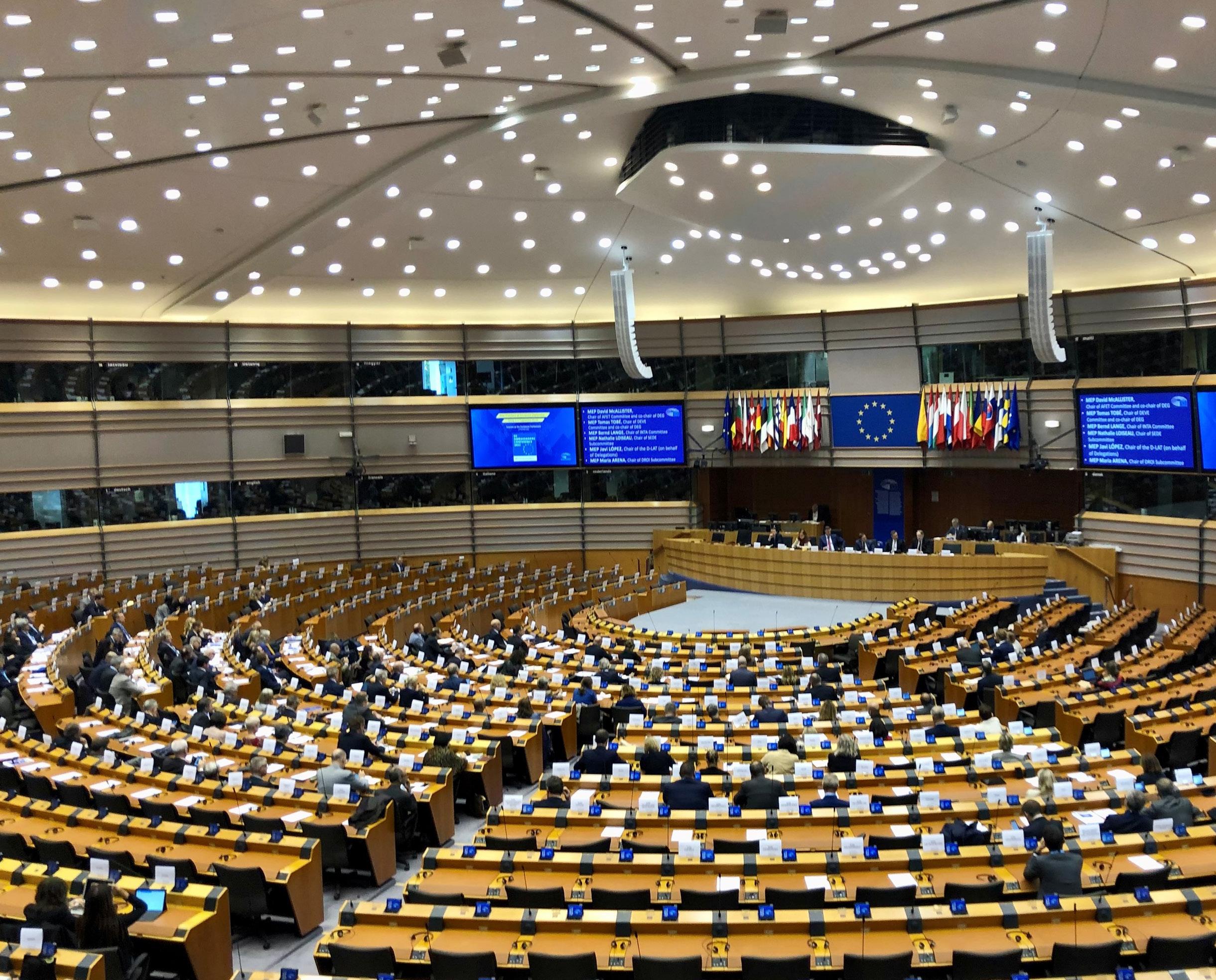
2 minute read
New rights to improve work-life balance in the EU
from VEFF magazine 2 2022
by Veff
New rights to improve work-life balance in the EU enter into application
This fall I traveled to Brussel and learned about work-life balance, fair salaries, impact of the war in Ukraine, just to mention some interesting topics.
NINA IVARSEN, CHAIR VEFF
As of today, all Member States must apply EU-wide rules to improve work-life balance for parents and careers adopted in 2019. These rules set out minimum standards for paternity, parental and careers’ leave and establish additional rights, such as the right to request flexible working arrangements, which will help people develop their careers and family life without having to sacrifice either. These rights, which come in addition to existing maternity leave rights, were achieved under the European Pillar of Social Rights and is a key milestone towards building a Union of Equality.
WORK-LIFE BALANCE FOR PARENTS AND CAREERS
The Directive on work-life balance aims to both increase the participation of women in the labor market and the take-up of family-related leave and flexible working arrangements. Overall, women’s employment rate in the EU is 10.8 percentage points lower than men. Moreover, only 68% of women with care responsibilities work compared to 81% of men with the same duties. The Directive allows workers leave to care for relatives who need support and overall, this means that parents and careers can reconcile professional and private lives.
“As a society we must care about caring. We have recently seen how fragile health can be and how important the solidarity of society is. Flexible work arrangements and the possibility to take time off when needed most show how the EU is a true society of solidarity. We are laying the foundations for creating a modern workplace fit for citizens and all family members.”
Photo: Nina Ivarsen
As set out by President von der Leyen in her Political Guidelines, the Commission will ensure the full implementation of the Work-Life Balance Directive, which will help bring more women into the labor market and help fight child poverty. The Commission will support Member States in applying the new rules including through the European Social Fund+ to improve the quality and accessibility of early childhood education and care systems.
Member States are required to transpose the Directive into national law. In a next step, the Commission will assess the completeness and compliance of the national measures notified by each Member State and act if and where necessary. “Over the past two years many Europeans have taken steps to focus on what truly matters to them. With more flexibility and new rights, the Work-Life Balance Directive provides them with a safety net to do so without worrying. Across the EU, parents and careers now have more guaranteed leave with fair compensation. It means we can care for the people we love without sacrificing the love of our work.”









